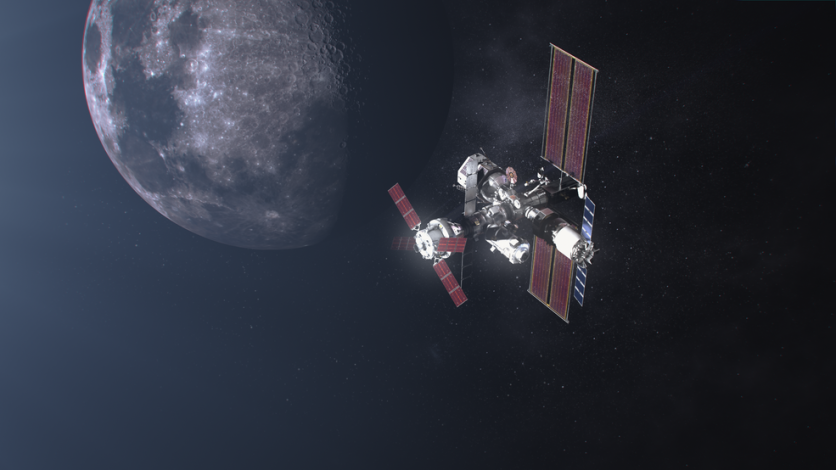Japanese astronauts will be boarding NASA's Artemis missions to the moon, with the possibility of even landing on the surface, as part of an interagency collaboration to expand lunar exploration.

US-Japan Gateway Commitment
President Joe Biden and Japan's Prime Minister Fumio Kishida made the commitment on Monday, May 23, during a meeting in Tokyo, confirmed by the White House and NASA in separate announcements.
This commitment would mean that a Japanese astronaut will be included in NASA's planned Gateway moon-orbiting space station. NASA said in their statement that Biden and Kishida both have a "shared ambition" to have a Japanese astronaut travel to the moon with the space agency.
Biden said in the agency announcement that he is "excited" with the work that both countries will do together on the Gateway station around the moon. He is looking forward to having the first Japanese astronaut joining them in their lunar mission under the Artemis program.
The commitment was largely in part of a set of agreements between the U.S. and Japan on matters such as 5G cellular networks, cybersecurity, and science and technology partnerships, according to a White House explainer document.
If these agreements come to fruition, Japan would further broaden its range and reach of space exploration after the missions it has launched from the past few years. This will also be in line with Kishida's promises since October to include a Japanese astronaut on the moon's surface, as well as revising the country's space policy to prioritize a crewed landing on the moon.
It is worth noting that Japan has launched successful space missions before. In fact, in 2020 the Japanese Aerospace Exploration Agency (JAXA) retrieved a sample of an asteroid to our planet. The agency has also been a long-time ISS partner, especially for the robotic arm technology and Kibo science module that it contributed to the station.
The agency launched its first recruitment in 13 years of new astronauts last year and more than 4,000 applicants wanted to grab the opportunity, according to a report by the Japan Times.
Read also: NASA CAPSTONE: Microwave Oven-Sized Spacecraft to Provide Massive Artemis Mission Advancement
"Expanding Bilateral Cooperation"
Meanwhile, the ongoing Russia's invasion of Ukraine has damaged numerous space partnerships and although the ISS interagency agreement is still in place with Russia, there is no certainty that it will extend its mission beyond 2024 even though Biden has allowed the U.S. to extend its operations in the station for six years more.
But despite this, the U.S. continues to broaden its space work in Asia. In fact, on May 21, Biden held a summit in Seoul, South Korea, with President Suk-yeol where they agreed to expand their space collaborations.
U.S.'s commitment with Japan will expand their "bilateral cooperation for decades to come" in space explorations and scientific collaborations, noted by the White House.
This collaboration was further strengthened after the two countries exchanged asteroid samples from their recent missions. Japan, for instance, has given NASA a sample of Ryugu returned to Earth back in December 2020.
NASA will also be giving Japan a sample of asteroid Bennu in 2023 when the Origins, Origins, Spectral Interpretation, Resource Identification, Security, Regolith Explorer (OSIRIS-REx) spacecraft returns.
Related Article : Next NASA Artemis I Wet Dress Rehearsal's Status To Be Discussed! Where To Watch, Discussion Topics, and More
This article is owned by Tech Times
Written by Joaquin Victor Tacla




